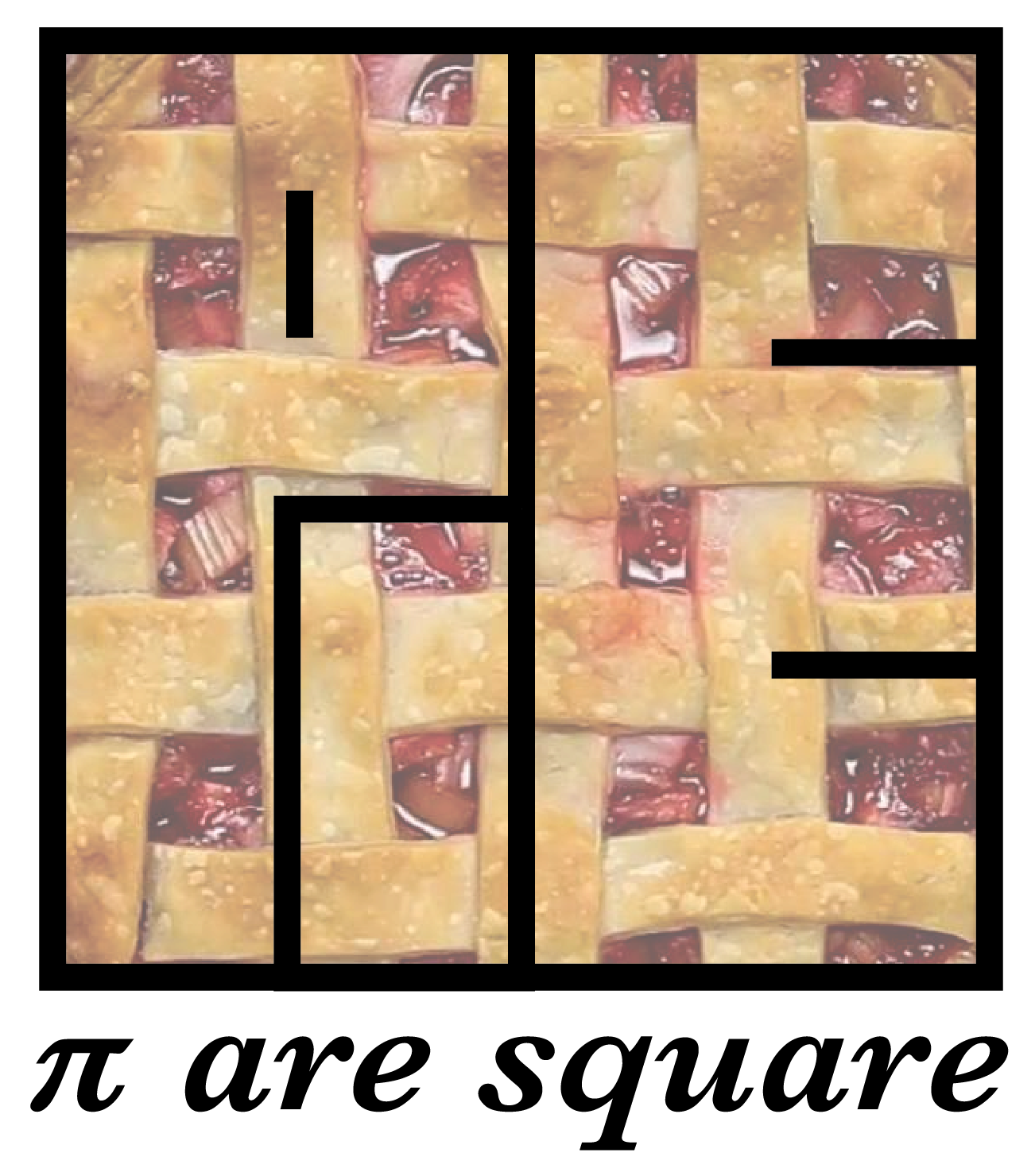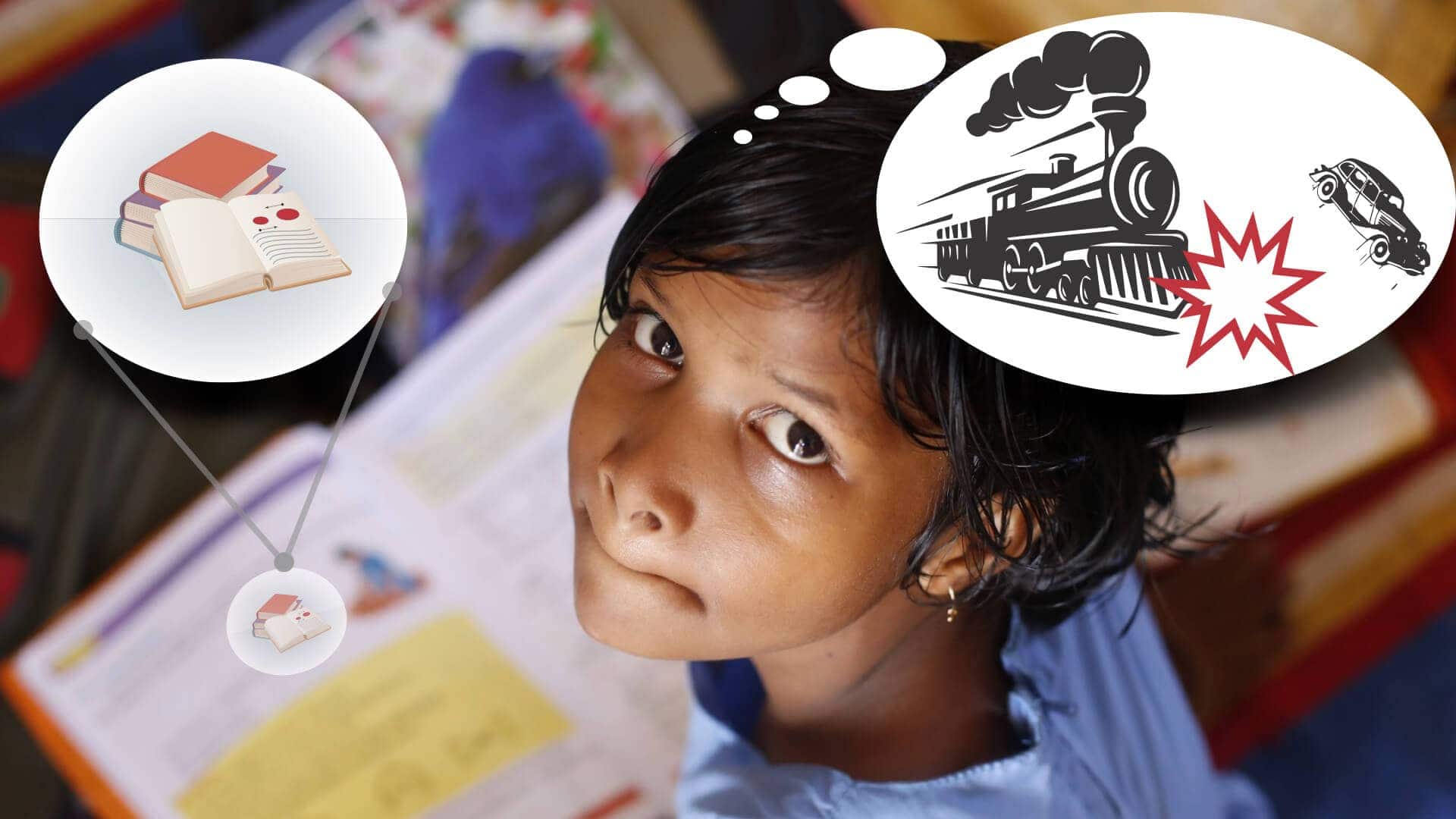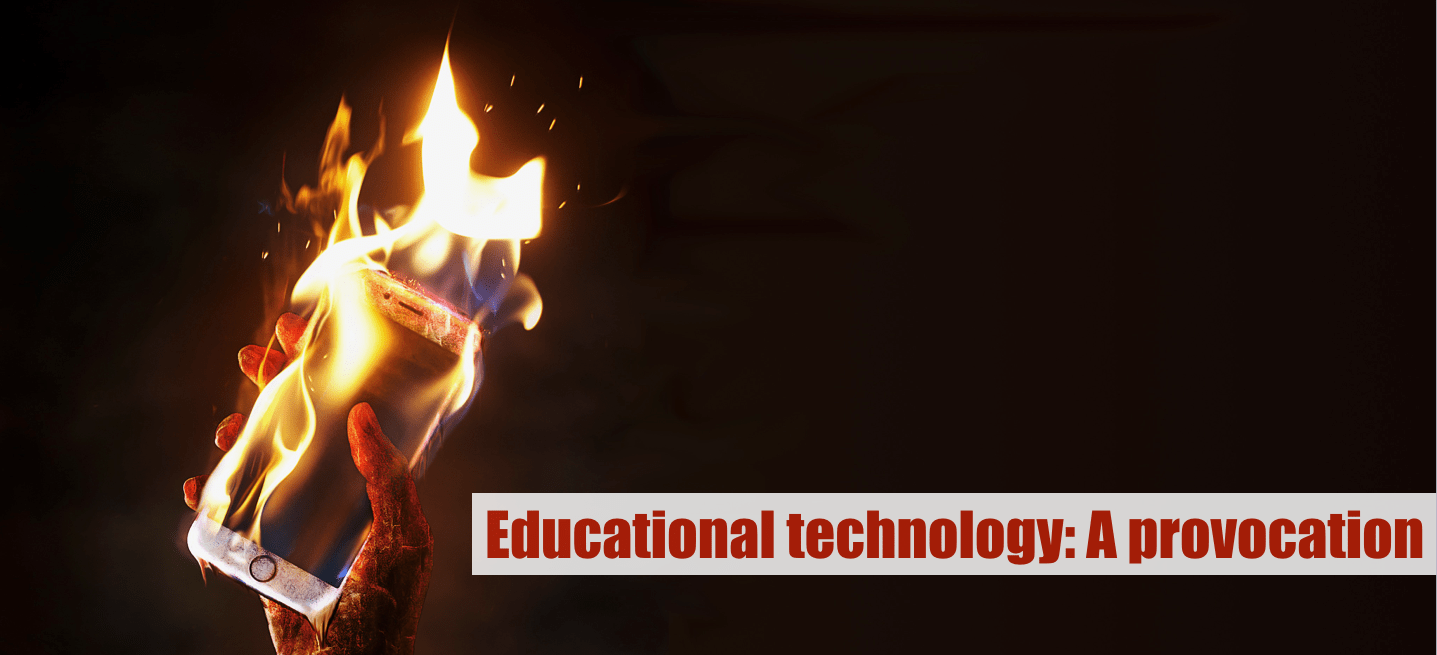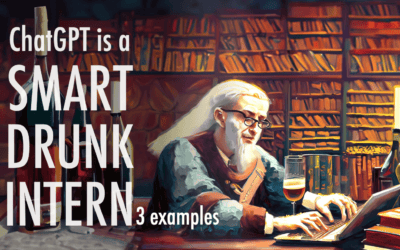A followup to my previous posting about the Italian kids calculating the distance to the moon using recordings from the Apollo Space program.
As I read the story on the technology Review website, I came to the comments made by readers. One stuck out. This is what somebody had said:
Wow, they took the speed of light and multiplied by 2.62 then divided by 2. Interesting method of doing it, but it doesn’t take a rocket scientist for sure.
By focusing on the surface aspect of the math this person misses the point of the story almost completely. Misses, it I may add by almost the distance from the Earth to the moon.
There are some many responses but I will stick to two main points (and a digression). The first, the issue is not the math – the math is trivial, as we can all agree. What was cool about what the kids did is that they took something that all of us have heard, multiple times, and saw a possibility which most of us had not seen. This is the difference between perception and recognition that is at the heart of true creativity.
The second important point here was the fact that the students were aided in their task by the availability of good, free, (I must add, opensource) software programs like Audacity. Now, seeing an audio editing program as a tool for data analysis is a kind of creativity too.
Finally, the digression, moving away from the somewhat clueless comment. What struck me in this story was the lack of mention of a teacher. Did these kids just figure this out by themselves (no mean feat) or were they guided by a teacher. My suspicion is that some adult must (may) have played a role in setting up this activity… but I need to spend more time on Google to figure that out (more time than I have right now).






0 Comments